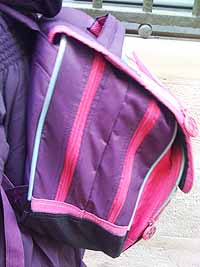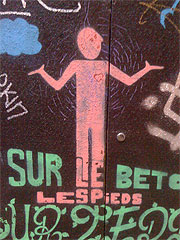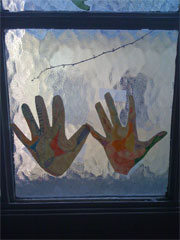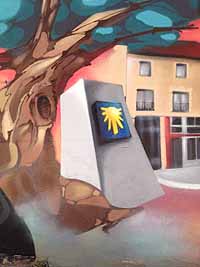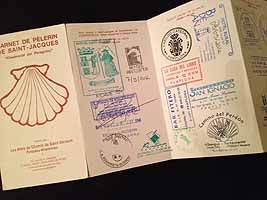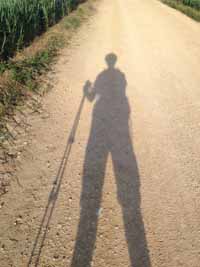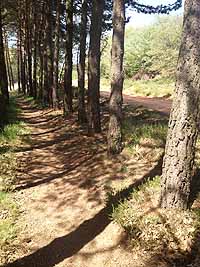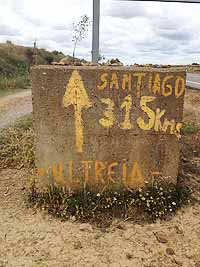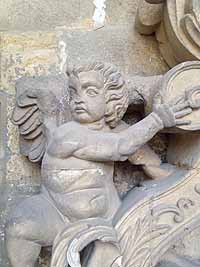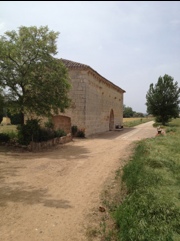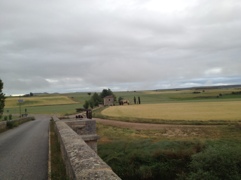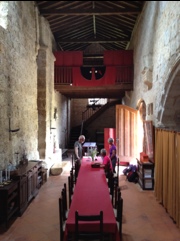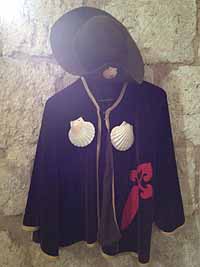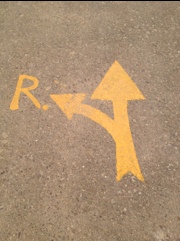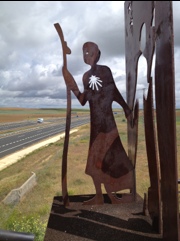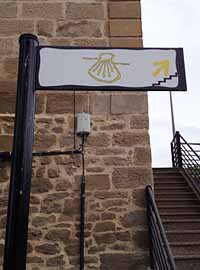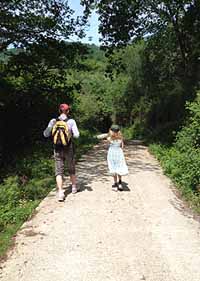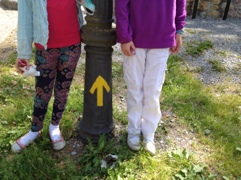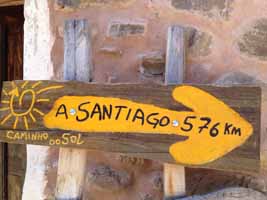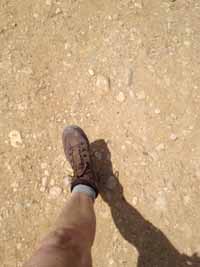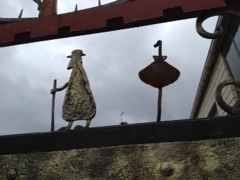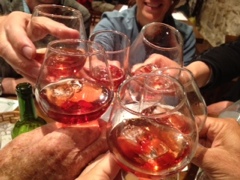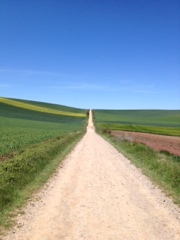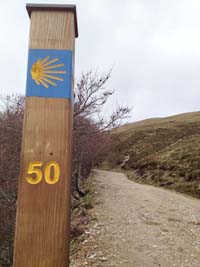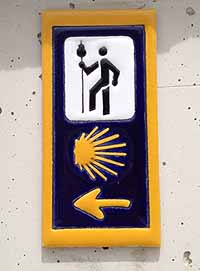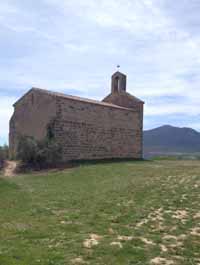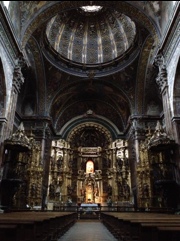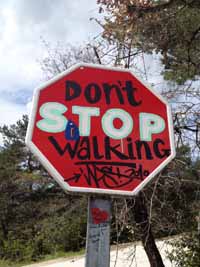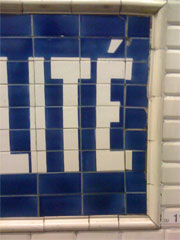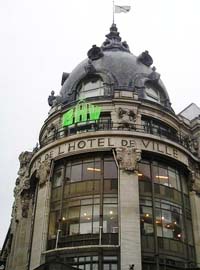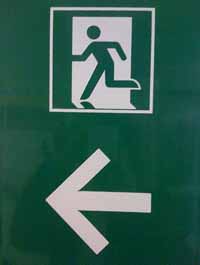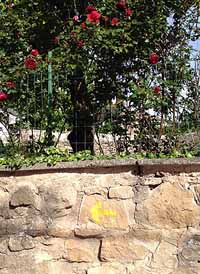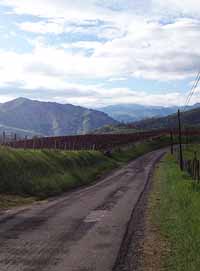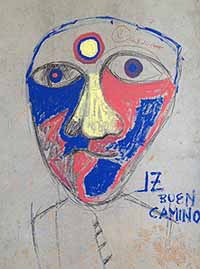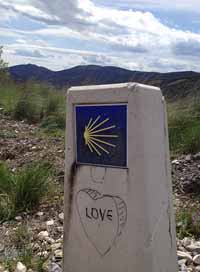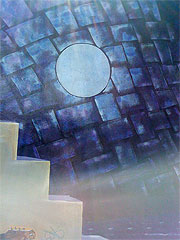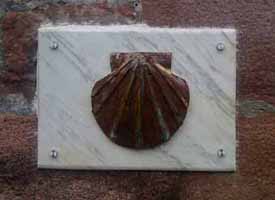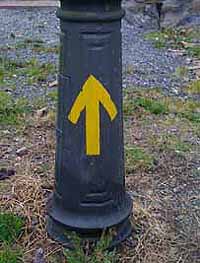A Slow Read
A crowd of people – family and friends – descended on Paris at the end of June and I wanted to see them all. I wanted to visit with them and 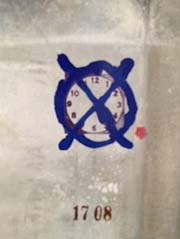 catch up, host them for aperitifs and dinner, take them to my favorite cafés in this city where I’ve made my life. I’m truly happy for each and every visitor, but why is it they all arrive at once, with overlapping itineraries? It’s not that they become my responsibility – all these people are grown adults (or in the care of their parents) and have navigated their lives perfectly well to get themselves to an airport and get on a plane to Paris, so they can get themselves around here – but there is a mild but haranguing sense of duty, perhaps, but also desire, to help with the trip, to enhance their experience, maximize their time in Paris, a city with so much to offer and yet if you don’t know where to look, you can miss the best of it.
catch up, host them for aperitifs and dinner, take them to my favorite cafés in this city where I’ve made my life. I’m truly happy for each and every visitor, but why is it they all arrive at once, with overlapping itineraries? It’s not that they become my responsibility – all these people are grown adults (or in the care of their parents) and have navigated their lives perfectly well to get themselves to an airport and get on a plane to Paris, so they can get themselves around here – but there is a mild but haranguing sense of duty, perhaps, but also desire, to help with the trip, to enhance their experience, maximize their time in Paris, a city with so much to offer and yet if you don’t know where to look, you can miss the best of it.
There were, as well, more shows to attend: Buddy-roo’s tap-dance recital, in which she had five minutes on stage in a red flapper dress, with two young men in black and white tuxedos flanking her, all three tapping their heels and toes together; and the final viola recital for Short-pants, the last of a litany of end-of-school-year performances and activities. Not to mention several beauty-nurse type appointments of my own, to put my person in order prior to going away for most of July.
Part of me was screaming for all of it to stop, such a jolt to my Camino-quieted system to have to ramp up and run at this pace of scheduled events every night for weeks in a row. This is why it was my first instinct to say no when my friend invited me to use the gallery where he was showing his artwork to host a soirée for my friends and talk about my Camino experience.
The theme of his show was This Here Now, a collection of odd objects he’s literally picked up in different places in the world, mounted on distressed zinc plates and framed, each one commemorating the place and the 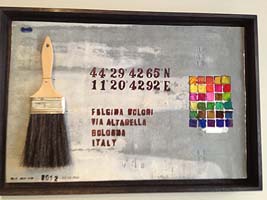 moment where the object was found. It was very much in sync with my walking experience, the sense of slowing down and noticing what’s right in front of you, here and now and acknowledging the beauty and story within it.
moment where the object was found. It was very much in sync with my walking experience, the sense of slowing down and noticing what’s right in front of you, here and now and acknowledging the beauty and story within it.
On my way to I meet him for lunch and to look at his exhibit, I was sure that I shouldn’t do it. My back-from-the-Camino self was determined to walk slower and take on less, to leave stretches of time, time for me, and time for my family. But standing in the gallery, his constructed paintings surrounding and delighting me, I heard from another self, a voice who whispered to me often during my long walks. It’s your writing, it’s art. Do it.
I remember my parents returning from their voyages – their treasured vacation in Greece the strongest memory of this – and they’d put together a slide show and invite people over for a dinner party. My mother would conjure up a menu of the featured country’s cuisine, and after dessert the guests would assemble in our living room for slides and stories about the trip. I’d yawn through it, convinced my parents’ friends were far too polite. This is why I thought it’d make sense to skip the pictures, and to excerpt a few key passages from favorite blog posts and do a very short reading. If I picked the right passages, the audience could picture it on their own. And otherwise we’d ply people with wine and have a nice time.
~ ~ ~
Little by little it slips away, my newfound rootedness giving way to the daily duties that call me, and I don’t know how not to answer. To some things, yes: I have unsubscribed to a dozen Internet newsletters. I refused paying work because of my out of town guests. I didn’t sign up to accompany Buddy-roo’s class on their day-long end-of-school sortie. I’ve said no to fundraising events and lunch invitations with people who aren’t 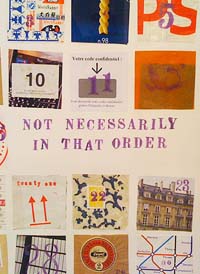 mission critical. I haven’t looked at my Twitter feed in weeks (and I don’t miss it). Nonetheless, it felt like my energy was getting scattered from all the running around and doing more, when all I want to do is less.
mission critical. I haven’t looked at my Twitter feed in weeks (and I don’t miss it). Nonetheless, it felt like my energy was getting scattered from all the running around and doing more, when all I want to do is less.
But how? Every time I clear something away, a new task replaces it. We left the eye doctor last week with a prescription for Short-pants to see an orthopiste, a kiné for the eyes. This will require two visits a week for six weeks in a row. So next fall – it’s impossible to start this summer between our July vacation and every French orthopiste’s August holiday – on top of everything else we’ll be traipsing around twice a week to these appointments. It’s important and necessary, and in itself it’s not such an enormous task. It’s just that every little thing like this adds yet another detail to remember, to organize and execute, and I can’t not do them. After the Camino, I wanted to do less. But less of what?
~ ~ ~
Turnabout is fairplay, I suppose, so just as I’ve rallied for Short-pants’ and Buddy-roo’s performances, they showed up for mine. (Rallied is perhaps too exuberant to describe Buddy-roo’s reaction, but once she got there she didn’t mind.) My mother-in-love was in town too, a poet who’s done her fair share of readings so she had a few tips for me, accepted gladly as the time I had to prepare was minimal and a seasoned pro’s advice gave me comfort.
When you read your words out loud, they change. It’s not like what you hear in your head when you write them, or read to yourself. The words become truer. When you say them out loud their meaning is enlarged and magnified. You have to slow down and treat the words deliberately. Each time I practiced reading my selections, making small edits and changes along the way to suit a live occasion, I appropriated the words  even more. With every read-through, I took back a little of the groundedness I’d felt slipping away. I needed to be in the this here now to be able to do the reading, and reading out loud was just what it took to get there.
even more. With every read-through, I took back a little of the groundedness I’d felt slipping away. I needed to be in the this here now to be able to do the reading, and reading out loud was just what it took to get there.
De-facto bought wine and my good culinary-inclined friend prepared for me, generously, an array of pintxos and a gateau Basque, regional eats in the spirit of the reading. (My mother was smiling down at her, I’m sure.) A small group assembled, but it was just the right group. We took our time. I read one piece, and then we waited. An hour later, I read another piece. In between, a quick hint from my mother-in-love: “You could read even slower if you wanted.” So I did.
After the readings, the guests lingered at the gallery until nearly midnight, making a dinner out of the hors d’oeuvres and stretching out the evening with wine and laughter. I had a chance to visit with everyone, falling into long and meandering, meaningful conversations that affirmed for me how this reading, which felt at first like too much to do, turned out to be exactly what I needed. Note to self: do more of these.
All the images in the post are by Dan Walker.
